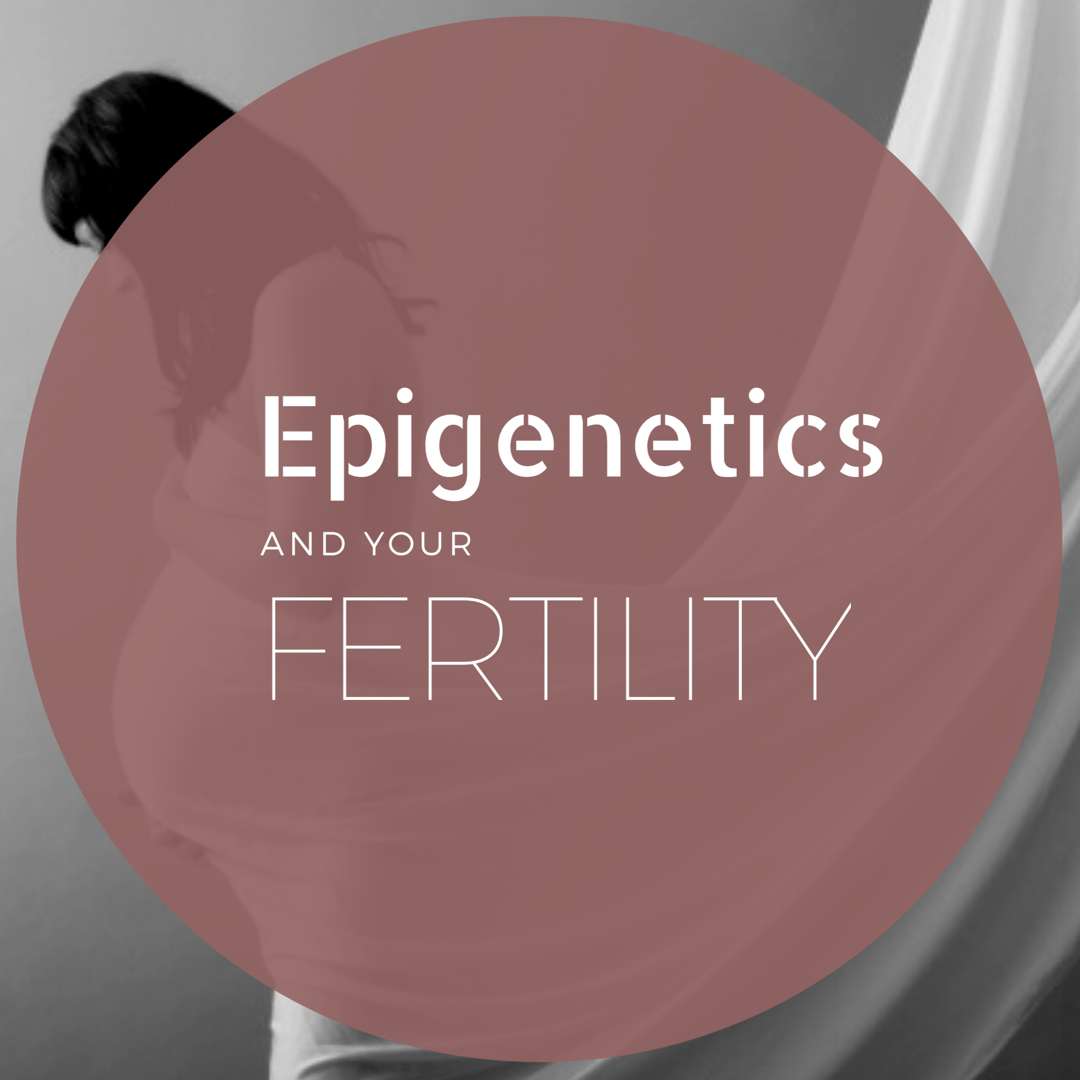Endometriosis and infertility
What is endometriosis?
Endometriosis is where the tissue that usually lines the inside of the uterus grows outside of it. Endometriosis can cause pain, and in some cases, it can cause infertility. Experts aren't sure what causes endometriosis. However, they know genetics plays a role because if you have a close relative with endometriosis—like your mother or sister—your chance of getting it increases. Endometriosis affects millions of women, though many do not even realize it.
In some cases, this extra tissue may cause infertility by preventing an egg from attaching to the uterine wall or causing scarring on an ovary, preventing eggs from developing correctly. No clear cause for infertility has be found. According to Johns Hopkins, endometriosis affects an estimated 2 to 10 percent of American women between the ages of 25 and 40
Symptoms of endometriosis?
Symptoms of endometriosis may include excessive menstrual cramps, abnormal or heavy menstrual flow, pain during intercourse, and pain during bowel movements. Some women may have no symptoms at all.
How is endometriosis diagnosed?
Diagnosis of endometriosis is typically made using laparoscopy. This is a procedure during which a small telescope-like instrument called a laparoscope is inserted into your abdomen (belly) through a small cut less than an inch long. Through this incision, your doctor can see whether or not you have the disease.
A blood test checks levels of a blood protein known as CA125, a tumor marker for certain gynecological cancers but is also used to detect a specific protein found in the blood of women who have endometriosis.
Does endometriosis cause infertility?
There are a few ways endometriosis can affect your fertility. The first has to do with a woman's menstrual cycle and ovulation: if you're experiencing pain during your period or if you have heavy bleeding that lasts for days at a time, it can be not easy to track when you're ovulating each month. This makes it harder for your partner to know when they should try to get you pregnant.
Not only that—if the tissue in the fallopian tubes becomes scarred from surgery or adhesions (when tissue sticks together), it may not be able to pick up an egg from one of your ovaries! If this happens, there won't be any eggs available for fertilization—and no pregnancy will result.
What treatments can help with fertility if you have endometriosis?
If you want to try and get pregnant but are struggling with endometriosis, your doctor may suggest some of the following treatments:
Hormone treatments. These medications can help regulate the menstrual cycle and reduce pain associated with endometriosis. They include birth control pills or contraceptive injections, which contain the hormone progesterone; Danazol (Danocrine), which suppresses a woman's menstrual cycle by halving her levels of estrogen; and gonadotropin-releasing hormone (GnRH) agonists such as leuprolide acetate (Lupron).
Surgery. Surgery is usually only recommended for women with severe symptoms from their condition that haven't responded well to other treatments. The goal of surgery is to remove all visible endometrial growths and lessen any scar tissue that might be present in the pelvis. Surgery should always be taken seriously because there are risks involved—but if your doctor thinks this will help make it possible for you to conceive naturally, they may recommend having one done at some point down the road.
Can diet help with endometriosis treatment?
Endometriosis, as you may know, is a condition in which endometrial cells are found outside of the uterus. As such, it can cause pelvic pain and infertility. There has been some research on diet and endometriosis treatment—but not nearly enough! Instead, most studies have focused on pain management.
However, some promising findings are that eating a healthy diet can help with many aspects of the disease:
Eating foods rich in vitamin D may reduce inflammation and help relieve pain caused by endometriosis. Vitamin D also helps with fertility by improving your body's immune system.* Eating antioxidant-rich foods like berries and vegetables will enhance your immune system's ability to fight infections like colds or flu that can cause menstrual cramps. Eating more whole grains instead of refined carbohydrates like white bread or pasta will lower your risk for type 2 diabetes (which increases endometriosis).
Is yoga good for endometriosis?
Yoga is a great way to help manage your endometriosis.
Yoga can be helpful for many health issues, including back pain and stress. Yoga can also help with insomnia, depression, anxiety, and infertility.
Yoga is an ancient practice that uses breathing techniques and poses (asanas) to calm the mind and body so you can relax deeply enough to move past physical or mental blocks that prevent you from being in touch with your true self at a deeper level than everyday daily life allows.
Endometriosis doesn't necessarily mean that you won't be able to get pregnant. You can take steps to improve your chances of getting pregnant, whether you've been diagnosed with endometriosis or not.
Endometriosis is a disease in which tissue that usually lines the uterus grows outside the uterus.
It can cause infertility, but it does not necessarily mean you will be infertile.
You can do many things to improve your chances of getting pregnant, even if you have endometriosis or don't know whether or not you do.
Conclusion
If you have endometriosis and are trying to conceive, there is hope. Treatments are available to help manage pain and discomfort. However, you should talk with your doctor about treatment options before trying to get pregnant because it can be difficult for some women with this condition to conceive.
High Blood Pressure: Risks, Causes, Treatments - WebMD. https://www.webmd.com/hypertension-high-blood-pressure/guide/high-blood-pressure
Endometriosis Diagnosis | UCSF Health. https://www.ucsfhealth.org/conditions/endometriosis/diagnosis
Endometriosis | Johns Hopkins Medicine. https://www.hopkinsmedicine.org/health/conditions-and-diseases/endometriosis



